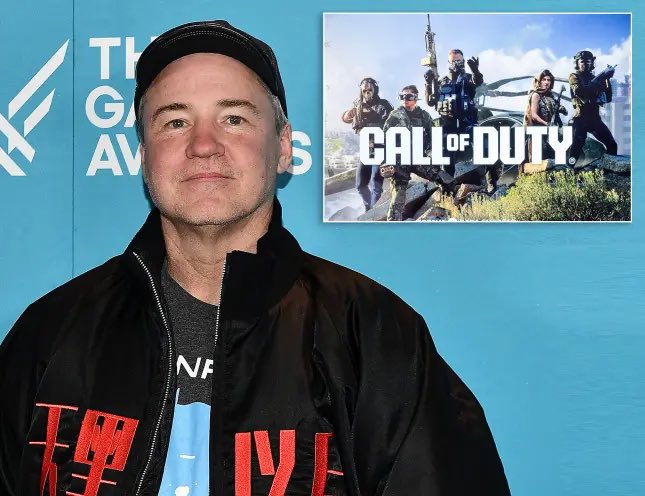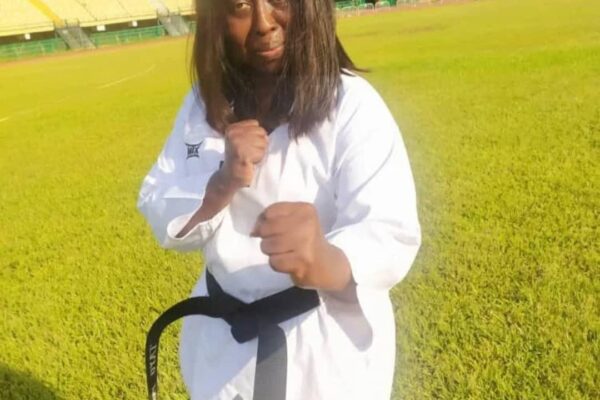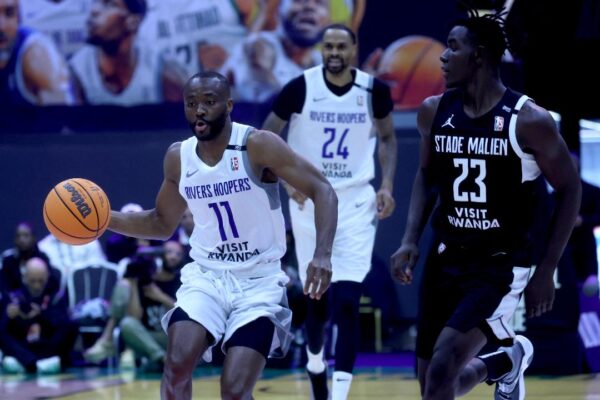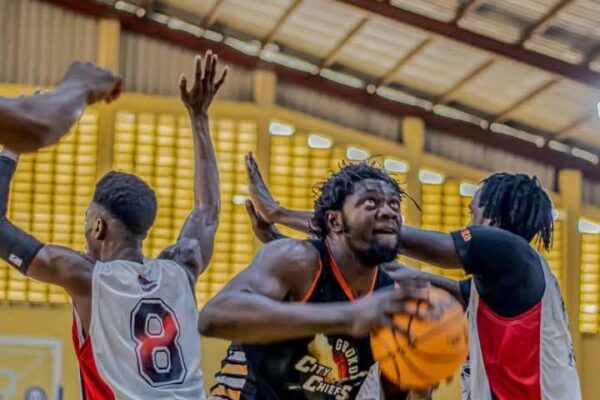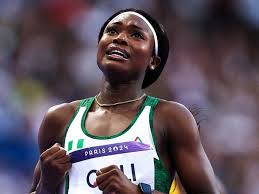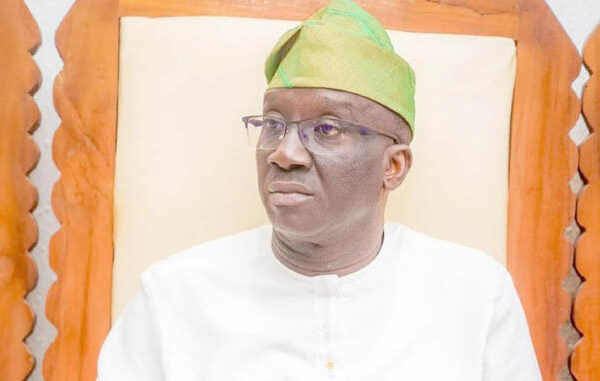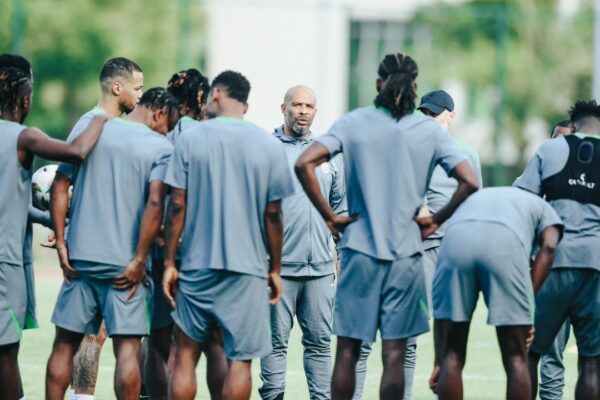
Unity Cup: Super Eagles Legends Commend Chelle’s Balanced Squad for Showdown in London
As Nigeria prepares for the highly anticipated Unity Cup Tournament in London, two Super Eagles greats—Garba Lawal and Mutiu Adepoju—have thrown their weight behind current head coach Eric Chelle for his commendable decision to blend homegrown talents from the Nigeria Premier Football League (NPFL) with established foreign professionals. Their endorsement comes as Chelle names a 25-man squad set to face off against Ghana in the semi-finals of the Unity Cup on May 28, with the tournament finale billed for May 31 at the Gtech Community Stadium in West London. Chelle’s approach evokes memories of legendary Nigerian coaches such as Clemens Westerhof, Stephen Keshi, and Bonfrere Jo, all of whom famously integrated domestic league players into the national team fabric. That tradition, which played a crucial role in Nigeria’s golden football era of the 1990s, appears to be receiving a modern-day revival. In an interview with reporters, Mutiu Adepoju—fondly remembered as “The Headmaster” for his aerial prowess—noted that Chelle’s inclusion of nine-ten NPFL players is not only strategic but inspirational for local talents. “Yes, I think it’s a good one, a good development,” Adepoju said. “Counting the number of home-based players, I could see nine—this is great for the NPFL. It’s a way of encouraging our domestic league and showing belief in the talent available at home.” When asked whether Chelle is intentionally following in the footsteps of former coaches like Westerhof and Keshi, Adepoju affirmed: “Yes, I think it’s always good. Chelle did something similar while he was coaching in Mali. It’s best to ensure the local league is encouraged—it’s very important. Adepoju also expressed optimism about Nigeria’s chances at the tournament: “Why not? They are going there to compete. If they put everything they have into it, I believe they can win.” Similarly, Garba Lawal—a versatile midfielder from Nigeria’s golden generation—hailed the squad list as a refreshing nod to player development. “It’s a good one. I believe Chelle wants to give some other people a chance to play, which is good,” said Lawal. “It’s a mix of foreign and home-based players. I hope the home-based will take advantage of this opportunity.” Lawal emphasised the significance of performance for local players in such international settings: “There aren’t too many professionals in there, so the home-based players need to showcase their talents. As a player, this is the kind of opportunity you’re looking for. When you’re called upon, you have to give your best because the coach has already done his part.” He also echoed sentiments on the historical context, saying: “People like Westerhof, Keshi, Bonfrere Jo—they all did similar things. It’s not new. This is a traditional way of bringing in the local players.” Strategic squad selection The Unity Cup is more than just another friendly tournament—it carries historical significance for Nigeria. The Super Eagles won the last two editions of the competition in 2002 and 2004. Notably, the 2004 edition saw the international debut of Obafemi Martins in a clash against Ireland. Martins would go on to become one of Nigeria’s most celebrated strikers, a testament to how impactful opportunities like the Unity Cup can be for emerging talents. Chelle seems keen to continue that legacy. His selection includes marquee foreign-based names like Moses Simon (FC Nantes), Wilfred Ndidi (Leicester City), and Kelechi Iheanacho (Sevilla), balanced with standout NPFL performers such as Remo Stars’ captain Junior Harrison Nduka and Sikiru Alimi. In goal, Stanley Nwabali returns alongside Maduka Okoye and Amas Obasogie. The 2025 Unity Cup, featuring Nigeria, Ghana, Jamaica, and Trinidad & Tobago, will serve as a platform for Chelle to assess squad depth ahead of crucial World Cup qualifiers in September and October. The Franco-Malian himself acknowledged this in a recent statement: “We’re looking forward to taking part in the Unity Cup as it will give us the chance to try out a few new players in different roles, helping us to strengthen our squad.” This blend of youth and experience, domestic and diaspora, signals a strategic evolution under Chelle’s stewardship. Beyond just winning the Unity Cup, the bigger victory may lie in building a more inclusive and competitive Super Eagles squad.

